REPUBLICS AND REPUBLICS
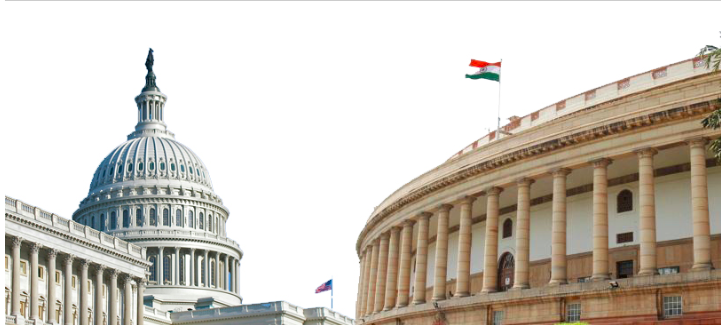
The Flip-board of 26th instant carried a very good article by Ms. Steena Joy on the various types of republican forms of governments. Her survey of the republics around the world is illuminating.
The Indian Republic, though federal in structure, is unitary in essence, more or less similar to the British system. The United Kingdom is comparatively a small country consisting of England, Wales, Scotland and a part of Ireland. Scottish national aspirations are creating political problems for the United Kingdom.
I was in Greater London during two general elections. There was no sound and fury; the candidates rarely visible. No arches or pandals, no slogan shouting processions, or victory celebrations. In front of a few houses very small flags showing political affinity were found embedded in the lawns. While intimating the booths for voting, the authorities say no need for any type of identification. No voter identity card, no indelible ink mark on the forefinger. Candidates rarely visit residences of voters. Most of the candidates appeared to be well-qualified people. Voting starts at 7 a.m and ends at 10 p.m. Booths are in some pubs, vans etc. Political activities apparently are not for amassing wealth or influence peddling. Religion is not an issue.
Britain is small country compared to India. Our country is huge with various ethnicities, cultures, classes, religions, languages, food habits etc. Thus the situation in India may not be suitable for a virtually unitary form of government in the guise of a Federal structure.
The status and functions of the President of India are similar to the British monarch, largely ceremonial. The Indian President is not elected by popular vote. The President is only a nominal head of the state, unaccountable to the people of India. He signs the doted lines marked by the government in power.
Governors are appointed by the ruling dispensation. They function as directed by the Government at the centre. Their roles are also ceremonial. Some of them behave as stooges of the government at the centre. They may huff and puff; but at the end they more or less follow the dictates of the state government.

A Presidential system, where the head of State is directly elected by the people of India seems to a better alternative. He be empowered to discharge executive powers as is the case of the President of United State . The American constitution does not allow the President to become a dictator. He functions subject to oversight by an elected Senate, except in emergency situations. The House of Representatives has recommendatory powers. Major decisions of the government are subject to Senate oversight.Personnel for important executive positions in the government are vetted by Senate committees. Senate has supervisory role over policy matters of the government. The President is empowered to take decisions in crunch situations and empowered to declare war with nuclear options.
A similar arrangement may be suitable for India. Each State in India may elect, by popular vote, three Senators to the Rajya Saba (Council of States). The Senators are to be invested with power of oversight over the appointments the key executives of the President. The overseeing of the major decisions of the President is to be the prerogative of the Senate. The Lok Sabha (Council of the People) may discharge functions similar to the U. S. House of Representatives.
To nip any tendency for power in perpetuity as is happening in many countries the tenure of President and Senators should be restricted to a single term of five or six years. The President may be assisted by Vice President elected by popular vote along with the election of the President.
Governors of the States are also to be elected for a five/six year term. They may have a say in the running of governments by the people state with executive roles. One can have a legislative assembly. The oversight of the functions of the state legislature may also be vested in the Governor.
The head of state should be an enlightened and qualified one, with a broad vision, capable of addressing the problems of the country. He will not be votary of any religion. He will listen to many opinions and opt for the best for the country. He will consult experts before announcing major policy matters. He will face people instead of sermonising and making grandiose unworkable schemes.
HE WILL NEVER EVER BE A AUTOCRAT BUT ONE WITH STABLE CHARACTER. DEMAGOGUES WILL RUIN ANY NATION.

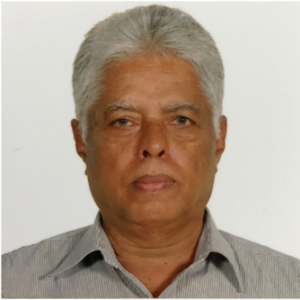
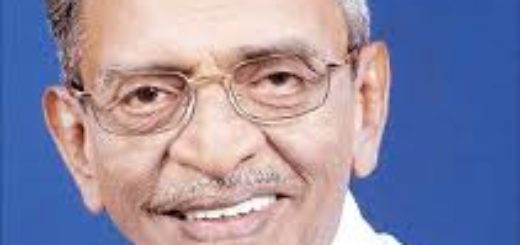
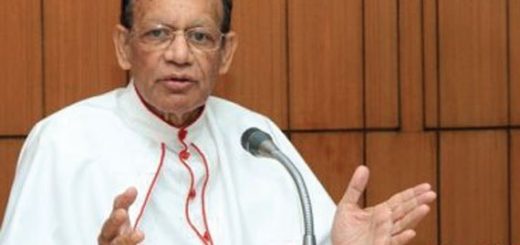
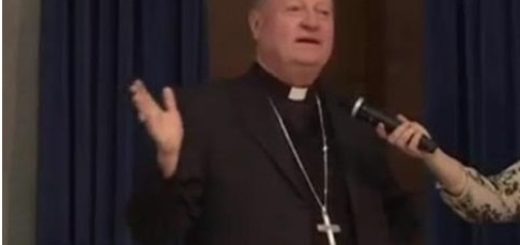













There is no problem having much noise over an election. But we have to have a clear and clean election in India. The recent accusation and the long term suspicion that the electoral machines or voting machines are manipulated by the concoction of the rich Ambanis with the help of data managing experts, is no good news at all. How can we overcome electoral fraud? We cannot…that is the crux of the problem. Our present corruption will continue in the next elections too I suspect.
Mr. Modi prefers American type Presidency. He does notprefer election in every five years. He prefers one party gopvernment in the entire country. He prefers and advocates for one election for the country during a five yerar period to Panchat Raj, State Assemblies and the Parliament. He sees an opportunity in this to eliminate multi party system. The illiterate voters will stamp wherever the same election symbol is found thus one party can win and rule the country for next five years.